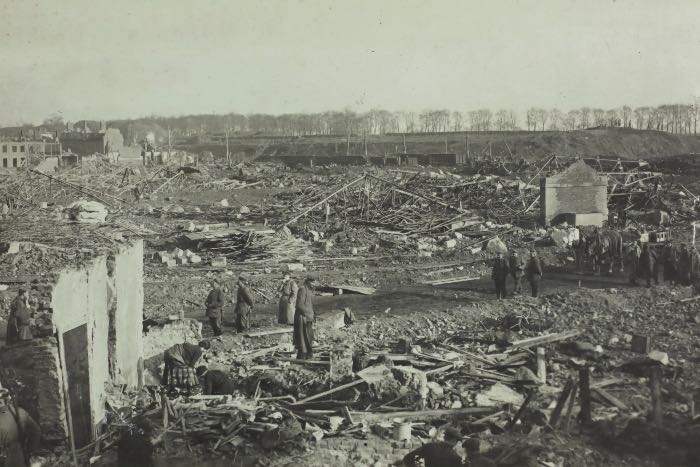
The saying says “All’s fair in love and war.”
It’s wrong. Which we should all know. After all, many take it like an invitation.
We know that there are plenty of boundaries that we do, in fact keep. Many we enforce with law. Others with social sanction. And some interpersonally.
It isn’t fair to cheat, abuse, or steal. We usually don’t allow that. We don’t turn a blind eye to murder, either. It’s not as if the police, interrogating the suspect hear the magic words “I loved her” and release him. “Oh, I’m very sorry! After all, all is fair. Sorry for the inconvenience.”
What we’re trying to say with the phrase is that we know the collapsing energy that surrounds these emotions. That the boundaries between right and wrong start to blur when we’re in love or hate.
And there is a great deal that becomes fair in practice because there isn’t someone to enforce the rules.
It isn’t ontologically fair.
When we say “all is fair” we aren’t saying it is ontologically fair. It isn’t fair in its being. Just that we might as well treat it as fair because it happened. And in love and war, stuff happens.
This, then, is the gravest challenge for us as a people. Not that hazy lines mix us up, but that we too easily find ourselves accepting the unacceptable simply because one of the people has a bigger gun.
This leads to moral whitewashing.
It erases difference and muddies the waters.
Notice how different those two euphemisms are: whitewashing and muddying.
The cleaning of bad things and dirtying of good things. A difference that comes out the same in the end.
Whitewashing, like collapsing boundaries, is the nihilistic impulse to forgive the worst and condemn the best, pulling it all into one lamentable inevitability. A thing we cannot parse and a tango which may as well only take one.
We can cite Hamas’ public desire to eradicate Israel. Or the comparatively secret ambition of Benjamin Netanyahu’s Likud Party to eradicate the Two State Solution. And, in the end, say “the problem is that Hamas put it in writing.”
A claim no more valuable or inherently useful than “he started it.”
How easy it is to see the destruction of war without our humanity.
We calculate the sunk costs without an actual future. And all of the inevitability of killing, killing, killing thrown about as if there were no other way.
All our own moral boundaries are so easily erased as we choose sides, chastise the warmongers, pray for peace, collapse in desperation, or in any way not wrestle with all that we have allowed to happen. All the destruction we continue to encourage for profit and power.
How many children must we sacrifice to Moloch?
Our moral boundaries say none.
That we continue to sacrifice them anyway—through bombs and starvation—is proof of how easily our true moral convictions can be sacrificed for the sake of war. We take the collapsing boundaries for a moral cleansing.
The fact of war doesn’t cleanse the moral boundaries we cross to wage it.
Nothing is fair in war. It doesn’t play fair. And it makes us all complicit, bloodying the hands of even our children. Another sacrifice; add it to our bill.
Nothing is fair in war. So we must stop pretending war makes anything fair. War corrupts, power corrupts. Not because any of it is inevitable. But because many would choose to give away their very moral foundations for the sake of power. Which includes control of their own destiny and a demand for a future of perpetual safety.
Boundaries don’t collapse on their own. They only exist because they are ours. We make them. And we choose whether we keep them.
